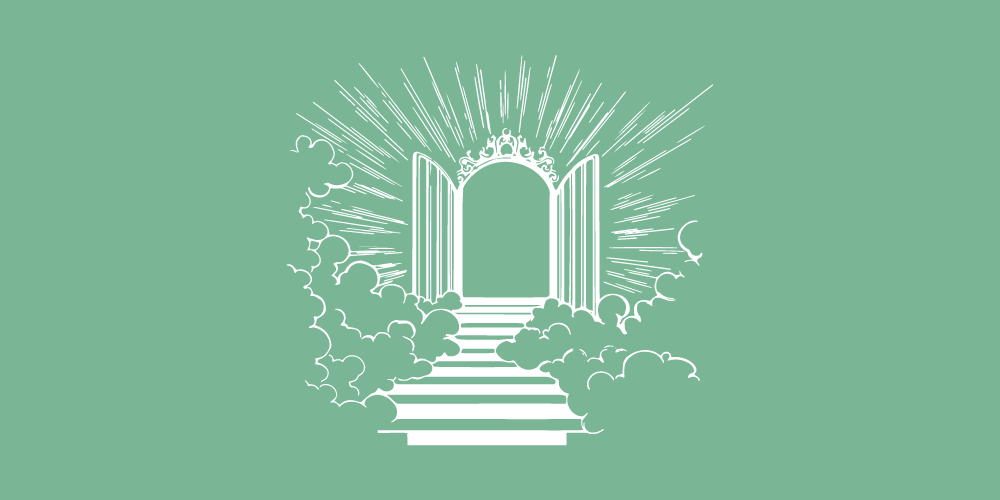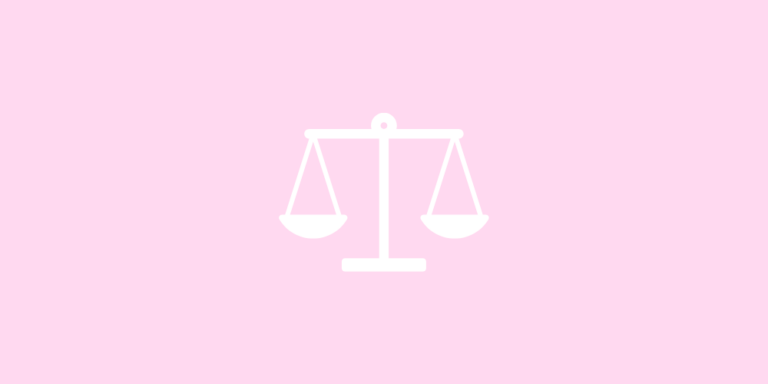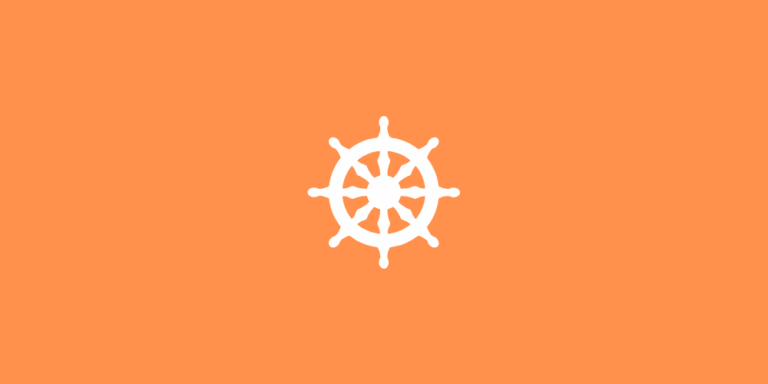Islam: Akhirah
Revise this topic by considering the three mandatory headings.
Akhirah refers to beliefs about the afterlife, and for Muslims this includes the Day of Judgement, Al Jannah (heaven) and Jahannam (hell).
On the day of judgement, Muslims believe that every human will be resurrected and will be gathered together on the plain of judgement. They will stand individually before Allah and he will weigh their deeds on His scales of justice. They will have their book of life read to them, but this is not for Allah’s benefit because He already knows everything that they have done. If He then hands them their book in their left hand, they will go to Jahannam but if it is their right hand, they will go to Al Jannah. After this, they must cross the Sirat Bridge which is razor thin – if they fall off they will be in the abyss of hell.
Al Jannah is said to have multiple layers with Muhammad having a place on the top one. There are 257 gates into heaven which are named after the deeds that can get you there such as Hajj. It is said to be a place of luxury with rivers of honey and milk, and comfortable places to recline. People wear fine jewellery and clothes of gold but the best reward is being close to Allah. Jahannam is a place of torment and constant suffering. People are made to wear clothes of fire and when their skin burns off they are given new skin so that it can burn again. There are also chains of fire that keep you there and hooks to drag you back if you try to escape.
These beliefs might impact Muslims in a few ways. For example, as they know all of their actions are being recorded, they might seek to always act in a way that Allah would want them to. This means that they would need to make time to read the Qur’an and to attend the mosque regularly so that they would learn and understand what he wants. They might also develop a deep sense of gratitude towards Allah because they know that He will reward them for their good deeds in life. But equally, it might cause some Muslims to worry that they aren’t good enough and this could then impact their mental health. Finally, Muslims might also view people who do wrong with more compassion because they know that Allah will be Just on judgement day so they do not have to seek revenge.
On the one hand, I can see that these beliefs are very significant because Akhirah is permanent and to receive a good judgement is clearly important given that people don’t want to be chained up in fire for eternity. But on the other hand, I don’t think they are significant because if people were only motivated to do good because of what they gain then they are not being good for the right reason and the more significant belief is in Allah Himself and all that He has done. But given that humans are motivated by reward, I do think believing in the afterlife would make a significant difference to their every day lives because by doing good deeds they will improve their communities. Also, on an individual level they know they don’t need to grieve those who have died because they will see them again, this is significant because non-religious people don’t have this benefit. Also, some of the negative consequences – such as undue worry or fear – are still significant because they can impact mental health which is already a big problem for many people in society today. Therefore overall, I think that this is a significant belief.
Now try to find 4 connections between the day of judgement and khalifahs. How do they relate? Not sure if your answer is right? Email me – laura@enlightenedrmps.co.uk







